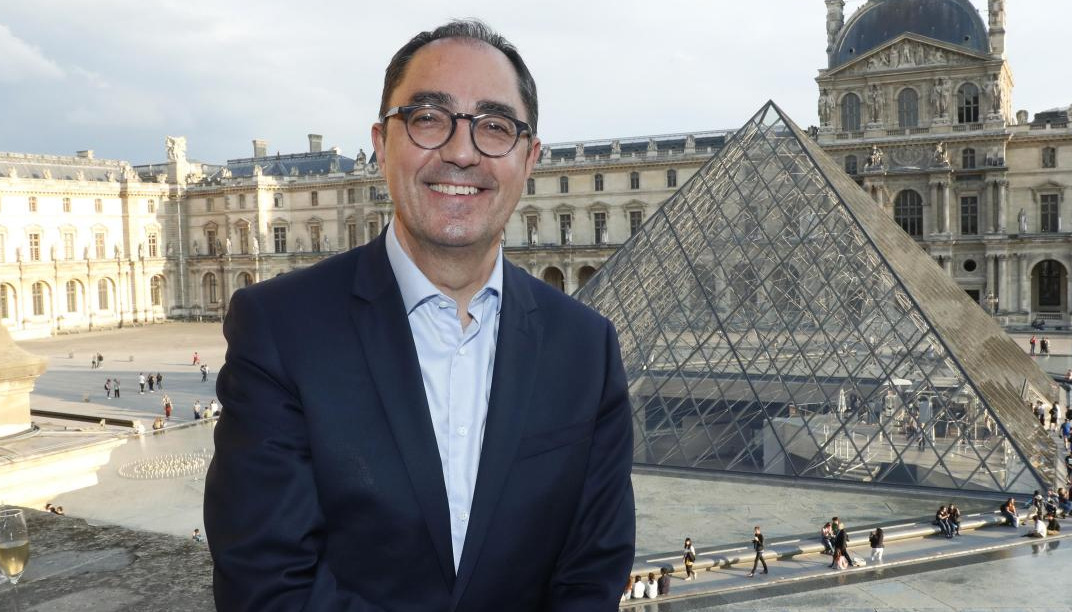
The former president of the Louvre museum in Paris has been charged with fraud in acquisition of archaeological treasures that may have been taken out of Egypt during the Arab Spring uprisings.
Paris, May 30 (RHC)-- The former president of the Louvre museum in Paris has been charged with fraud in acquisition of archaeological treasures that may have been taken out of Egypt during the Arab Spring uprisings.
Jean-Luc Martinez who ran the Paris Louvre, the most visited museum in the world, from 2013-21 was charged after he was taken in by police for questioning, a French judicial source told Agence France-Presse.
Martinez, who now serves as an ambassador for international cooperation in the field of heritage, stepped down as the Louvre’s president last year. He was charged with fraud and “concealing the origin of criminally obtained works by false endorsement,” according to a French judicial source.
Martinez, who has denied any wrongdoing, is also accused of neglecting fake certificates of origin for the pieces.
The case, which threatens to embarrass the French culture ministry and ministry for foreign affairs, was opened in July 2018, two years after the Louvre Abu Dhabi bought a rare pink granite stele depicting the pharaoh Tutankhamun and four other ancient works for €8 million (£6.8 million).
French investigators suspect that hundreds of artifacts were pillaged during the public uprising in Middle-East that engulfed several Middle Eastern countries in the early 2010s.
These were then believed to have been sold to galleries and museums that did not ask too many questions about previous ownership, nor look closely enough at potential incoherence in the works’ certificates of origin.
Several countries are thought to have been affected by artifacts being pillaged, including Egypt, Libya, Yemen and Syria.
Another prized Egyptian work, the gilded coffin of the priest Nedjemankh, which was bought by the Metropolitan Museum of Art in New York in 2017, was at the center of a separate inquiry by New York prosecutors. The Met, however, said it had been the victim of false statements and fake documentation, and that the coffin would be returned to Egypt.

